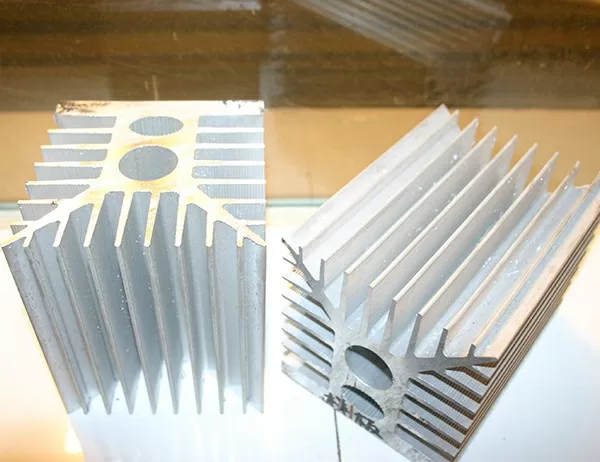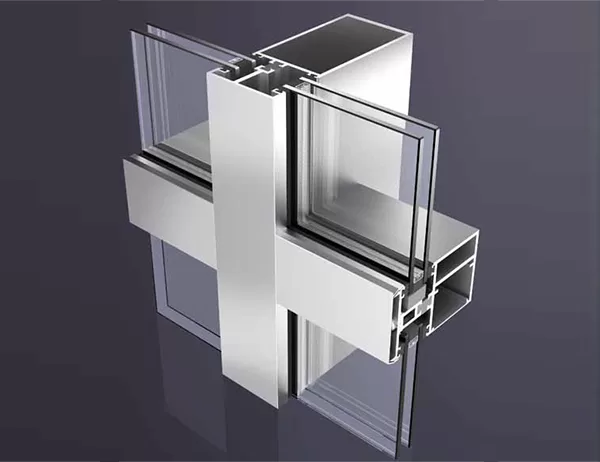In a world where efficiency and performance reign supreme, modern inverter heat sinks have emerged as pivotal components in the realm of power electronics. These advanced thermal management solutions offer a multitude of exceptional features that set them apart from their predecessors and cement their place as essential elements in countless applications.
1. Ultra-High Heat Dissipation:
Inverter heat sinks are engineered with intricate designs and materials that maximize heat dissipation. By effectively spreading and distributing heat, they prevent overheating and ensure optimal performance of power semiconductor devices.
2. Low Thermal Resistance:
The thermal resistance of a heat sink indicates its ability to conduct heat away from the source. Modern inverter heat sinks feature low thermal resistance, allowing for efficient heat transfer and preventing excessive temperature buildup.
3. Compact Size and Lightweight:
Despite their impressive heat dissipation capabilities, inverter heat sinks are often compact and lightweight. This makes them ideal for space-constrained applications where both performance and aesthetics matter.
4. Optimized Airflow:
Inverter heat sinks are designed to promote optimal airflow. This is achieved through strategic fin designs, which enhance air circulation and facilitate effective heat dissipation.
5. Flexible Mounting Options:
Modern inverter heat sinks offer flexible mounting options to accommodate a wide range of applications. They can be easily integrated into various designs and configurations, ensuring seamless installation and compatibility.
6. Corrosion Resistance:
Inverter heat sinks are typically made from corrosion-resistant materials, such as aluminum or anodized aluminum. This ensures their durability in harsh environments and prolongs their lifespan.
7. Cost-Effectiveness:
Despite their advanced features, inverter heat sinks are cost-effective solutions. They provide excellent thermal management capabilities while minimizing the overall system cost.
In conclusion, modern inverter heat sinks are indispensable components that enhance the performance, efficiency, and reliability of power electronics systems. Their exceptional heat dissipation, low thermal resistance, compact design, optimized airflow, flexible mounting options, corrosion resistance, and cost-effectiveness make them the ideal choice for a wide range of applications, from industrial machinery to renewable energy systems.




